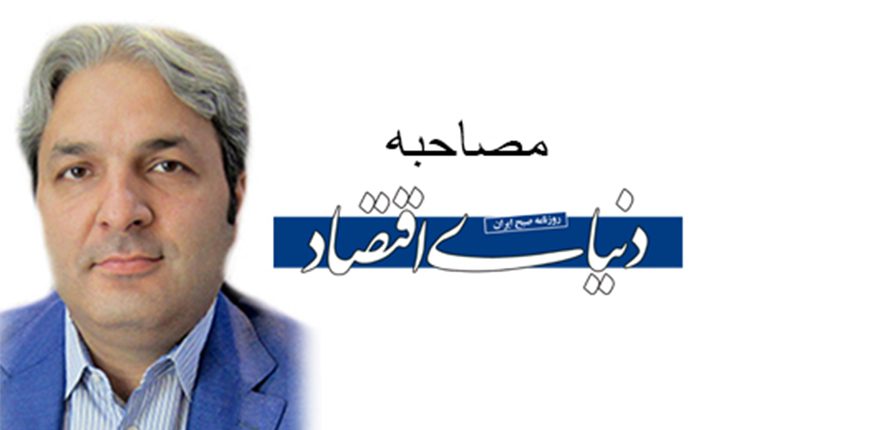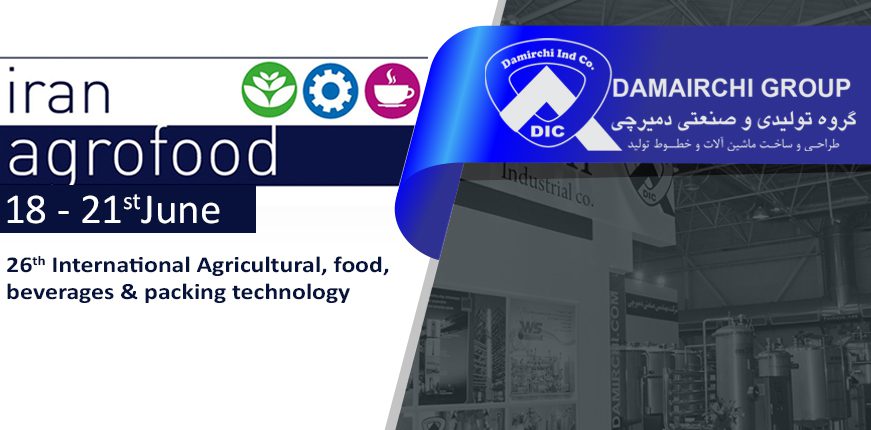Evidence suggests that, given that the new sanctions chapter began two years ago, importing or manufacturing industrial machinery in the country has encountered problems and the food industry has suffered as well. In order to supply and supply industrial machinery, these days, food industry producers and owners face two major challenges and challenges. They are struggling to supply machinery and to supply raw materials. Unfortunately, the raw material of the food industry is fully imported and comes from European countries, China and Taiwan. Meanwhile, the biggest challenge facing industrial firms is the lack of currency and money transfers that do not work with Iranians to facilitate this issue.
We also have some problems with the supply of raw materials. A producer is required to supply raw materials for more than a few months in order to allocate half the currency. This is not the case when, after the currency was allocated to the producer, there is no specific place for the government currency. On the other hand, the currency given today to the economic operators at a public rate is no different from the free exchange rate, and it is observed that the mechanism of the return of foreign exchange generated by exports also created disturbances in supplying the required currency. Meanwhile, manufacturers of industrial machinery not only do not receive any subsidies, but they are confused with the custodians and do not know which organizations or ministries are the main custodians to fund the exchange of this industrial group.
In this situation, manufacturers of this industry are forced to adapt themselves to the standards of international markets. As manufacturers of industrial machinery, we never want to let industrial machinery be imported.There are two phases. First, machinery produced inside Iran should not be allowed to enter Iran. The second phase is different. Policy makers have to adopt a policy that, if industrial technology is not available in the country, it would provide economic operators with the opportunity to easily import their industrial machinery and produce their products at the same level as the quality of the day. Unfortunately, most of the machines currently installed in Iran increase the cost of goods. The reason is that these machines increase the price difference between electricity and energy they consume.
Now, the question arises: Considering the huge difference in technology of industrial machinery of Iran with other countries, do they conform to the standard with foreigners? There are two types of factories in Iran. There are factories that work with European machines, which are generally unproblematic and have high product quality. But some factories operate with internal machinery, which unfortunately, due to the lack of technology transfer, are very different from other industrial machinery. The sanctions have made no connection with the world’s automakers, and therefore we cannot communicate to transfer technical knowledge.
Expecting economic activists from policymakers to put in place a plan that could provide a way to transfer technical knowledge and technologies to the world today.
At the same distance, which was confirmed and the file closed again, very good things happened. The country’s doors were open to craftsmen all over the world, and foreign companies tended to work with Iranian economic activists and exchange communications. At the moment, communications with industrial activists and foreign manufacturers are very good, but they actually say that they can not do business with us because of the sanctions, and they are reluctant to do so. Because they have huge markets in the United States, and they are afraid of losing their vast activities in the markets. With these conditions, it can be said that the prospect and clear horizons are not waiting for food industry producers and, of course, industrial machinery manufacturers.
If this continues, many companies will drop out of the business circle. Unfortunately, the wave of moderating forces has started, and every day we find out that some industrialists have been forced to shut down their factories.



